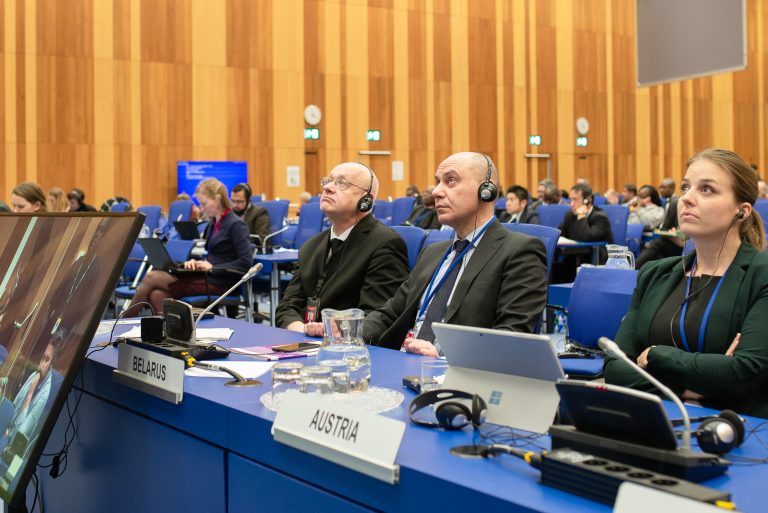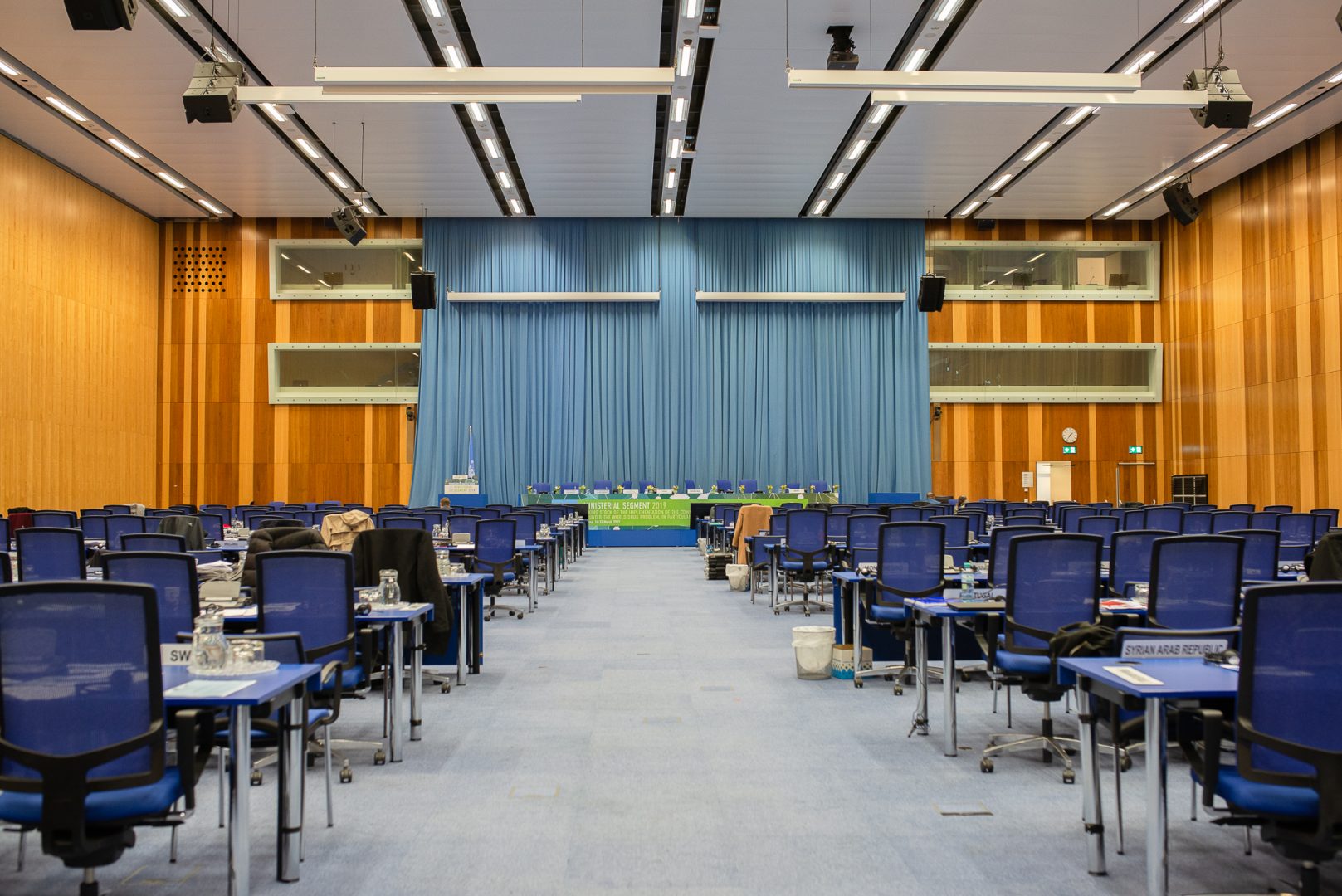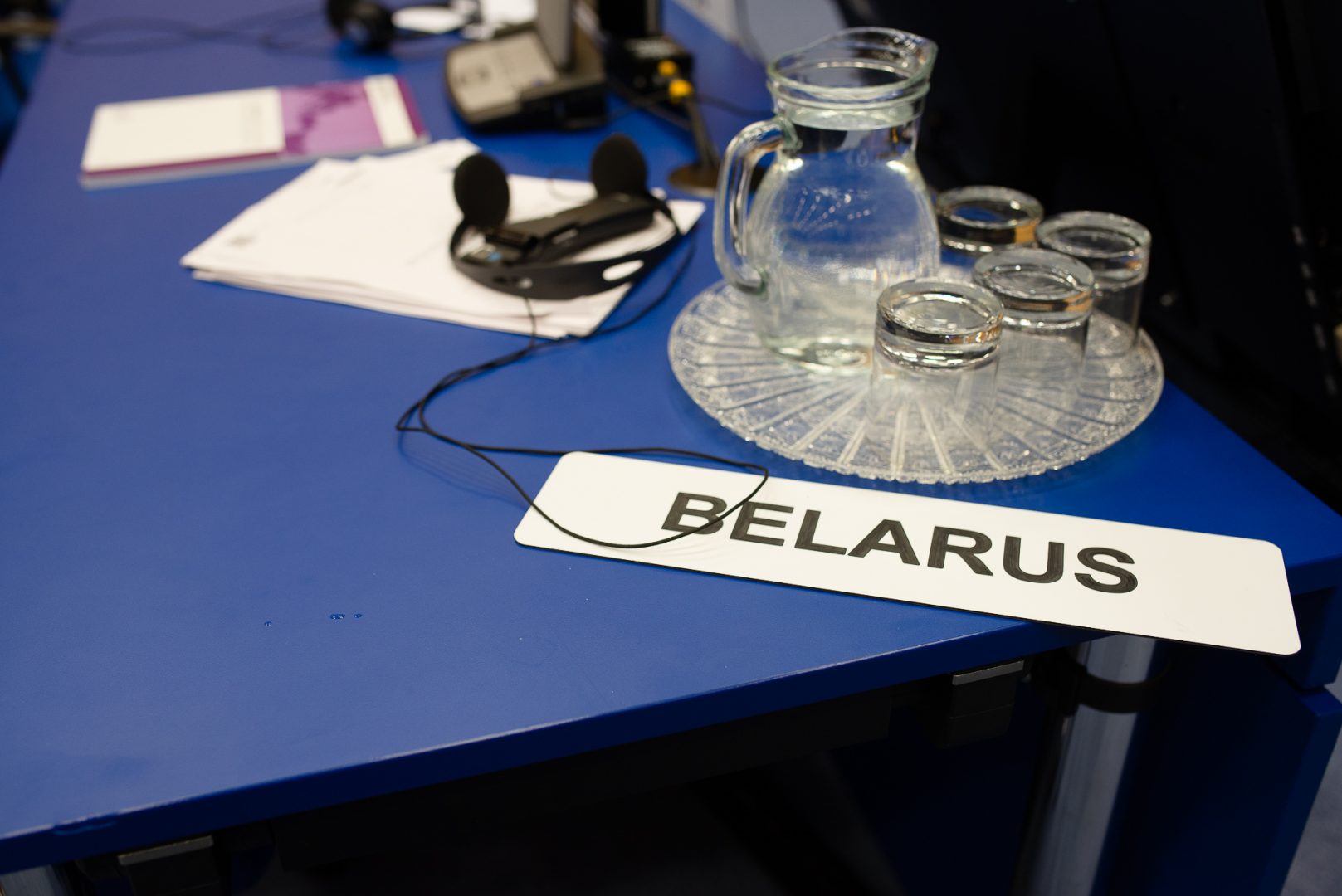Piotr Markielau on the War on Drugs in Authoritarianism
The argument that “society is not ready for a change” or any other populist statement in support of the war against drug users is in fact hiding interests of criminals and nomenklatura — the establishment.

Where there is a centralised power, in its operation, governing rely on numeric indicators such as the number of criminal cases that are to be brought to court by the law enforcement bodies, so called “planned” indicators. Even if it’s not regulated by public documents, this way to operate is inherent for the vertical governance and may be conducted through informal instructions.
Often missing to perform accordingly can lead officials to be relegated. On the contrary, officers are stimulated to initiate criminal proceedings on drug-related cases, as they receive increase in rank and pay. Salary increase for a single drug trafficking case ended up with conviction can exceed median salary in the area.
Where the rule of law is not respected, using drugs in a group is regarded as distributing and is punished to a more severe degree. Moreover, the concept of “distribution purposes” is applied, which means that there is no need for a prosecutor to prove the fact of distribution. Even putting a graffiti with Telegram drugs-selling bot on the wall is considered as drug distribution.
The accused basically don’t have a chance to defend themselves. More than 99.7% percent of criminal cases end by conviction. In point of fact, their fate is decided by the officer, who is driven by the reward system. In this way, drug users appear to be paying the price for such planning governance.

Today from a third to a half of the whole prison and penal colonies population are people convicted for drug-related crimes. Although these colonies are officially called “correctional facilities”, even assuming that drug use is a behaviour that needs to be corrected, though only 10% of people who use drugs use them problematically, these facilities do not correct people. They only criminalise and marginalise people who use drugs, making it harder for them to socialize, successfully perform personal and professional goals.
In political regimes with a lack of transparency, prison and penal colonies are one of the most closed institutions. Mailing correspondence censorship leaves no chance for the convicted to report on their condition. And, actually, there is a lot to hide from the public. Nominally deprivation of liberty turns to be deprivation of human dignity and basic human rights.
The convicted don’t receive proper feeding, they cannot count on adequate medical help, and they are forced to work for the state: to clean copper wire, to produce furniture or military uniforms. Forced unpaid labour is a form of slavery. Working conditions have much to be improved. In a particular penal colony, that is designed specifically for the convicted for drug-related crimes, prisoners have to clean several kilograms of copper wire per day with bare hands. The story of concentration labour camps is not over.
Most of the people imprisoned for drug-related offences are drug users. But not all of them. Often the investigation uses a mechanism called “test purchase” or even “test selling”. This means that, in order to produce evidence, the police creates an imitation of drug purchase or drug distribution. This “investigative action” is facilitated by the people that are already prosecuted and want to soften their punishment, and is aimed at their friends, who may be never dealt with drugs before.
Criminal liability starts from the age of 14. In some cases, sentence exceeds age of the convicted. So many years spent in a penal colony have an irreversible effect on a person’s mind, which has absolutely nothing to do with any sort of correction.
Where there is no freedom of speech and basic civil liberties are not respected, mitigation of harm of the drug war, civic education efforts and stigma-reducing activities are blocked. Legalize Belarus website was blocked allegedly for propaganda of marijuana use. There wasn’t any reasonable excuse for such blocking, as there weren’t any materials endorsing use of any substances on the website.

The blind prohibitive approach induced by the fear of drugs, leads to mass uncontrolled human rights violations. In the state of authoritarianism, the war on drugs has especially damaging and violent application. Enforcement of the punitive law makes unjustifiable detriment for innocent individuals and is extremely harmful for the society.
While in some countries application of international law is more plastic and is regulated by public and open debate, in others there is neither a political will for change, nor a democratic way to influence the government. Lack of accountability makes international support mechanisms for countering drug trafficking promote those “planned indicators” and expand the scale of fabrication of criminal drug-related cases.

Можно, если осторожно
Вступай в наш клуб за гуманную наркополитику. Твои данные не будут переданы третьим лицам.
